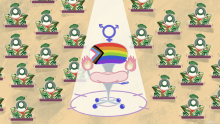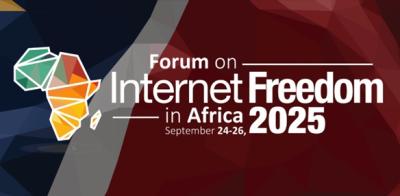We work for people, especially those facing discrimination and oppression, to have greater power and autonomy through digital technologies to exercise their full range of human rights online and offline.
1820 results
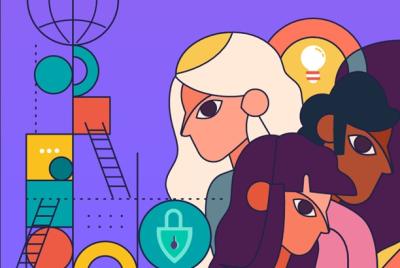
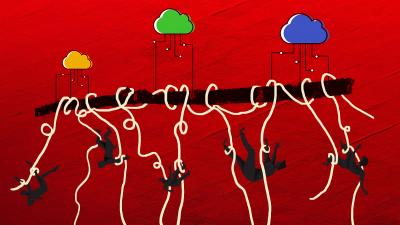

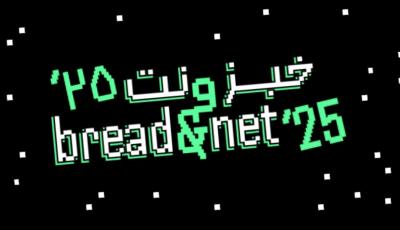
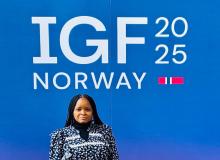


![Photo by Igor Omilaev on Unsplash [https://unsplash.com/pt-br/fotografias/um-chip-de-computador-com-a-letra-ia-impressa-nele-IsYT5rUuVcs] A computer chip with the letters AI printed on it](/sites/default/files/styles/medium/public/2025-07/igor-omilaev-isyt5ruuvcs-unsplash.jpg?itok=f_d8St8H)
